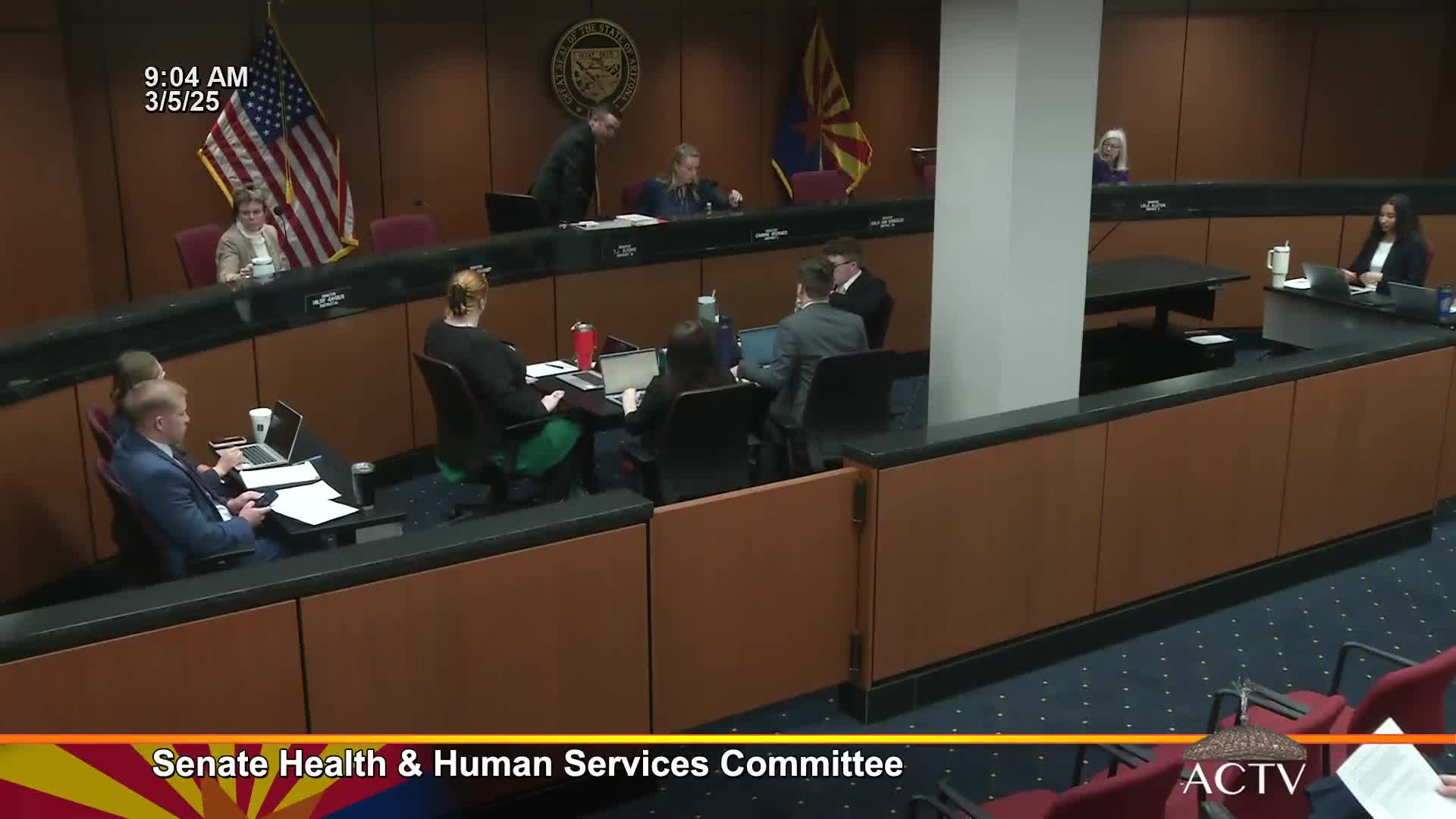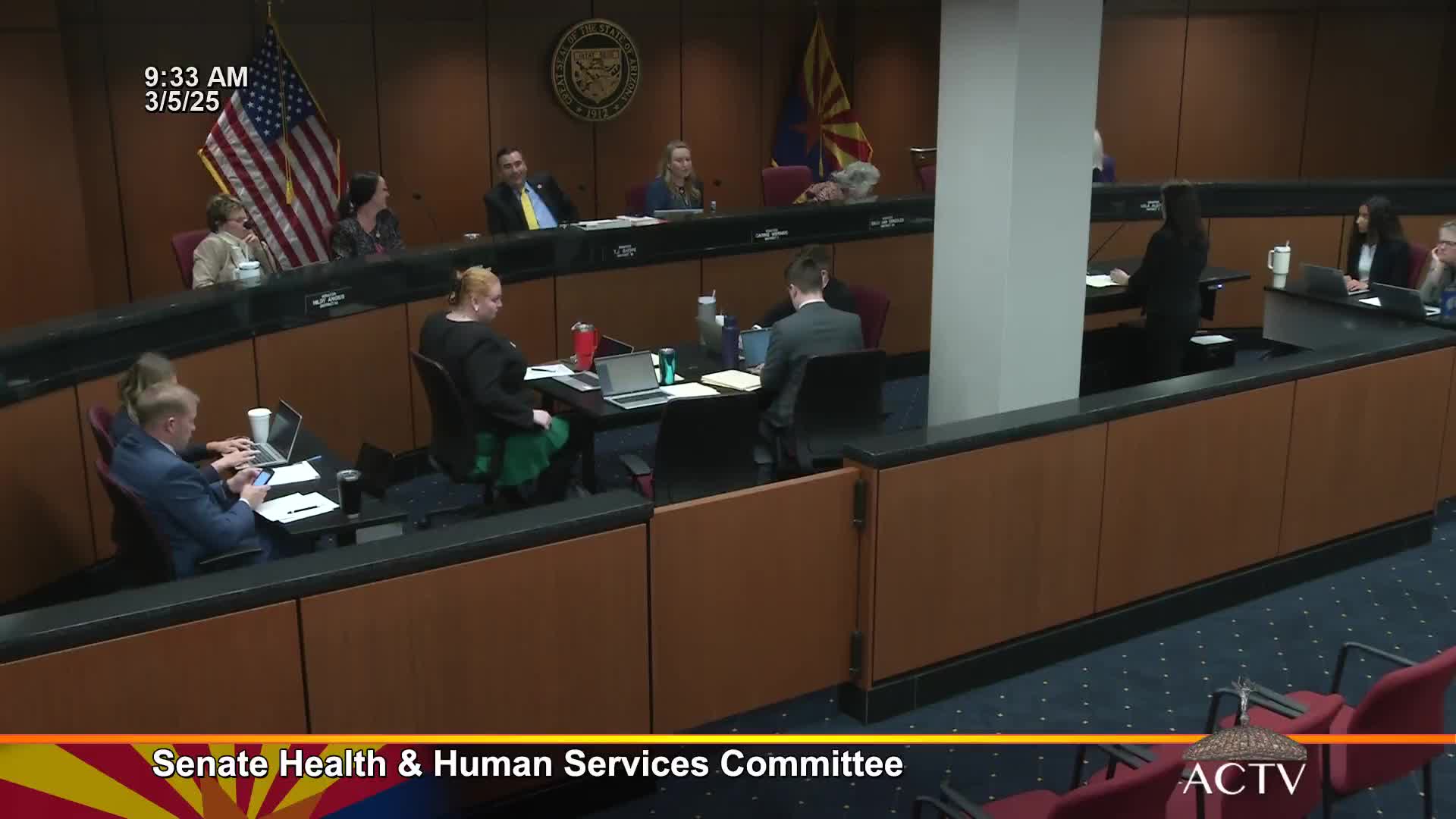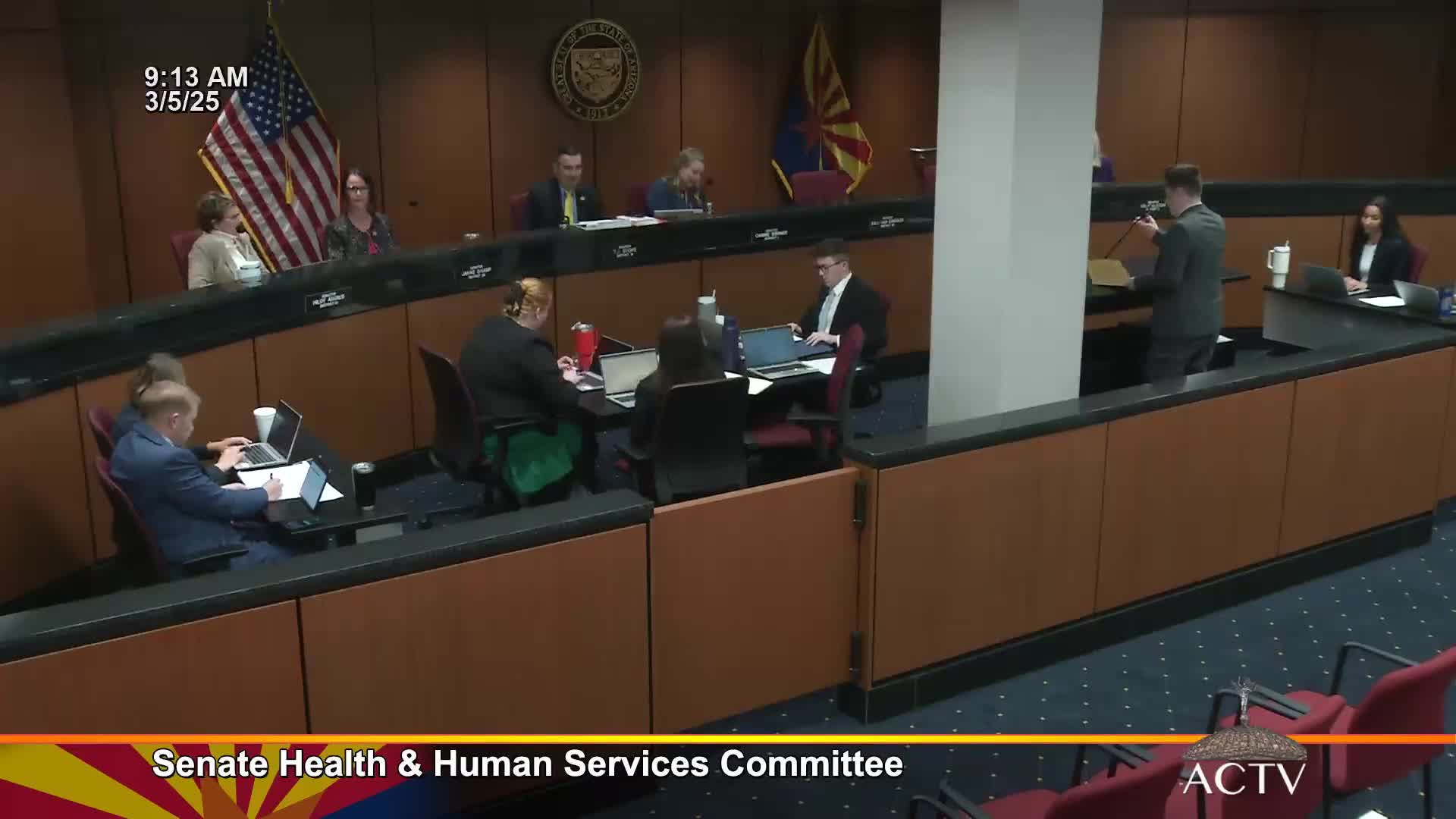Article not found
This article is no longer available. But don't worry—we've gathered other articles that discuss the same topic.

Committee gives due‑pass recommendations to three health‑care practice bills; roll calls recorded

Bill to standardize mental‑health power of attorney procedures draws personal testimony from ‘Mad Moms’ and advocates

